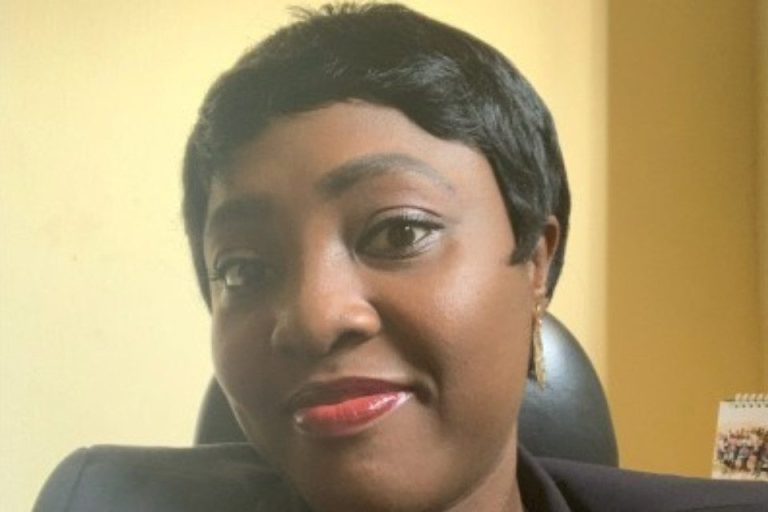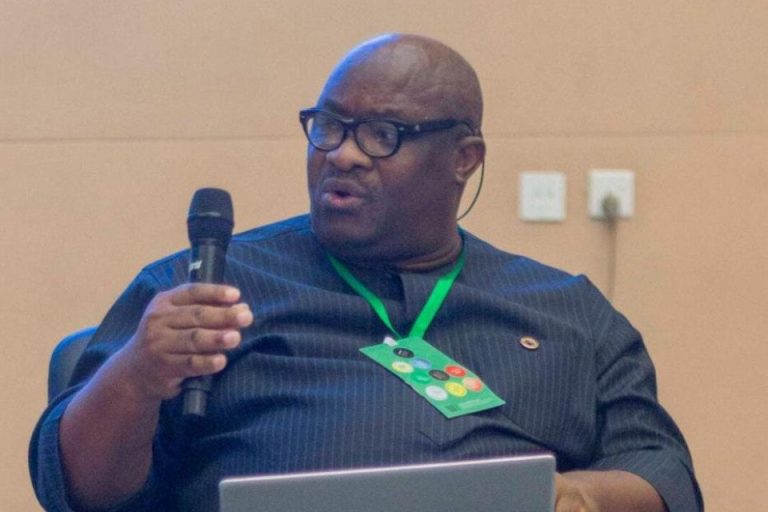Upon a motion tabled by Ms Morisola Alaba, a Legal Officer at Media Rights Agenda (MRA), stakeholders at a validation meeting held in Abuja adopted a National Anti-Corruption Strategy for Nigeria on April 27 2017.
The adoption of the document was the culmination of several processes and efforts undertaken since 2009 to develop an Anti-Corruption Strategy to combat corruption in Nigeria.
In 2009, an Inter-Agency Task Team (IATT) on anti-corruption reforms held a retreat in Kaduna where the relevant agencies signed a statement of commitment to draw a National Strategy to combat corruption.
With the Technical Unit on Governance and Anti-Corruption Reforms (TUGAR) in the Presidency serving as its secretariat, members of the Inter-Agency Task Team included the Bureau of Public Procurement (BPP), the Bureau of Public Service Reforms (BPSR), the Code of Conduct Bureau (CCB), the Economic and Financial Crimes Commission (EFCC), the Fiscal Responsibility Commission (FRC), the Federal Inland Revenue Service (FIRS), and the Federal Ministry of Finance (FMF).
Other members of the IATT were the Independent Corrrupt Practices and Other Related Offences Commission (ICPC), the National Financial Intelligence Unit (NFIU), the Federal Ministry of Justice (FMoJ), the Nigerian Police Force (NPF), the Ministry of Foreign Affairs (MFA), the National Drug Law Enforcement Agency (NDLEA), the National Agency for the Prohibition of Trafficking in Persons (NAPTIP), the National Human Rights Commission (NHRC), the Office of the Auditor-General for the Federation (OAUGF), the Public Complaints Commission (PCC) and the Special Control Unit for Money Laundering (SCUML).
Various efforts led to the production of a series of three draft national anti-corruption policy and strategy documents, including on which was shepherded by the Presidential Advisory Committee Against Corruption (PACAC) and another the Federal Ministry of Justice.
A Stakeholders’ Consultative Meeting on the harmonization of the three documents on the National Anti-Corruption Strategy was held in Abuja on March 14, 2017.
At the conclusion of the meeting, a Consistency Group was formed to lead the efforts to harmonise the three documents submitted by the Federal Ministry of Justice, the Inter-Agency Task Team and the Presidential Advisory Committee Against Corruption.
Upon the conclusion of the harmonization of the three documents by the Consistency Group, a consolidated draft National Anti-Corruption Strategy was circulated to stakeholders for observations and comments in accordance with the agreements reached at the Stakeholders Consultative Meeting.
A final version of the document was subsequently presented to stakeholders at a validation/adoption meeting, which took place in Abuja on April 27, 2017.
In the Keynote address titled “Policy Thrust of the National Anti-Corruption Strategy”, the Attorney General of Federation and Minister of Justice, Mr. Abubakar Malami (SAN), represented by Mr Taiwo Abidogun, the Solicitor General of the Federation and Permanent Secretary at the Federal Ministry of Justice, noted that the strategy document was intended to serve as the driving force across board in both the private and public sectors.
He observed that the strategy would be viewed by the international community as Nigeria’s supportable effort in taking concrete steps to creating a sustainable policy framework to tackle corruption head-on in all ramifications.
The Attorney-General of the Federation solicited unconditional support and cooperation of all well meaning Nigerians and the international community in ensuring that the draft of the strategy was validated and adopted to achieve the version of a Nigeria free of corruption for sustainable human development.
Professor Femi Odekunle, a member of PACAC, who spoke on behalf of the Professor Itse Sagay (SAN), the PACAC Chairman, remarked that besides other indices, the fact that some Nigerian elites “who love and worship money are now dumping loads of cash in odd places and denying their ownership” was positive proof that the government’s efforts in the fight against corruption were yielding fruits.
Goodwill messages were also given by other personalities at the occasion, including the President of the Court of Appeal, Justice Zainab Adamu Bulkachuwa; the Chairman of Anti Corruption and Financial Crimes Committee of the Senate in the National Assembly, Senator Utazi Chukwuka, who represented the President of the Senate, Senator Abubakar Saraki; the Chief Judge of the High Court of the Federal Capital Territory, Justice I. U. Bello; the Chairman of the Code of Conduct Bureau, Mr Sam Saba; the ICPC Chairman, Mr Ekpo Nta; and Mr Soji Apampa, representing the Civil Society
Thereafter, Ms Alaba moved a motion for the adoption of the document in the following terms: “I, Morisola Alaba of Media Rights Agenda, hereby move a motion for the validation and adoption of the draft National Anti-Corruption Strategy, now to be referred to as the National Anti-Corruption Strategy, which will serve as a working document in the fight against corruption subject to the approval of the Federal Executive Council (FEC). I so move.”
Stakeholders present voted unanimously in favour of the motion and the draft National Anti-Corruption Strategy was accordingly adopted.





